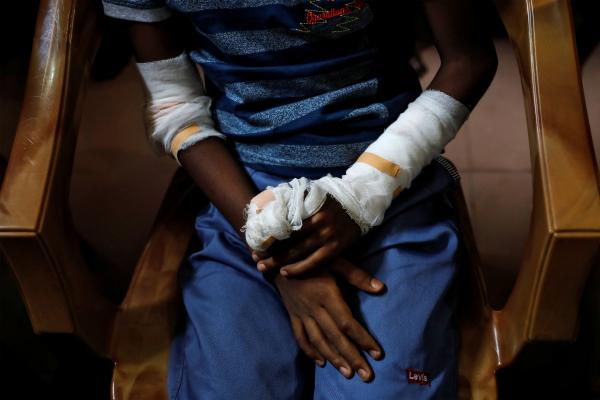May 16, 2019
While the Trump administration has been vocal about confronting religious persecution for global Christians, many of its domestic and foreign policies only serve to exacerbate the conditions that make Christians in these regions more vulnerable. The Iraqi Christian Chaldean community in the United States has been susceptible to deportations in the aftermath of Trump’s executive orders. The “Muslim travel ban” has done little for Christian migrants and other vulnerable religious communities from nations now under travel restrictions to the United States.
Read the Full Article

Already a subscriber? Login
